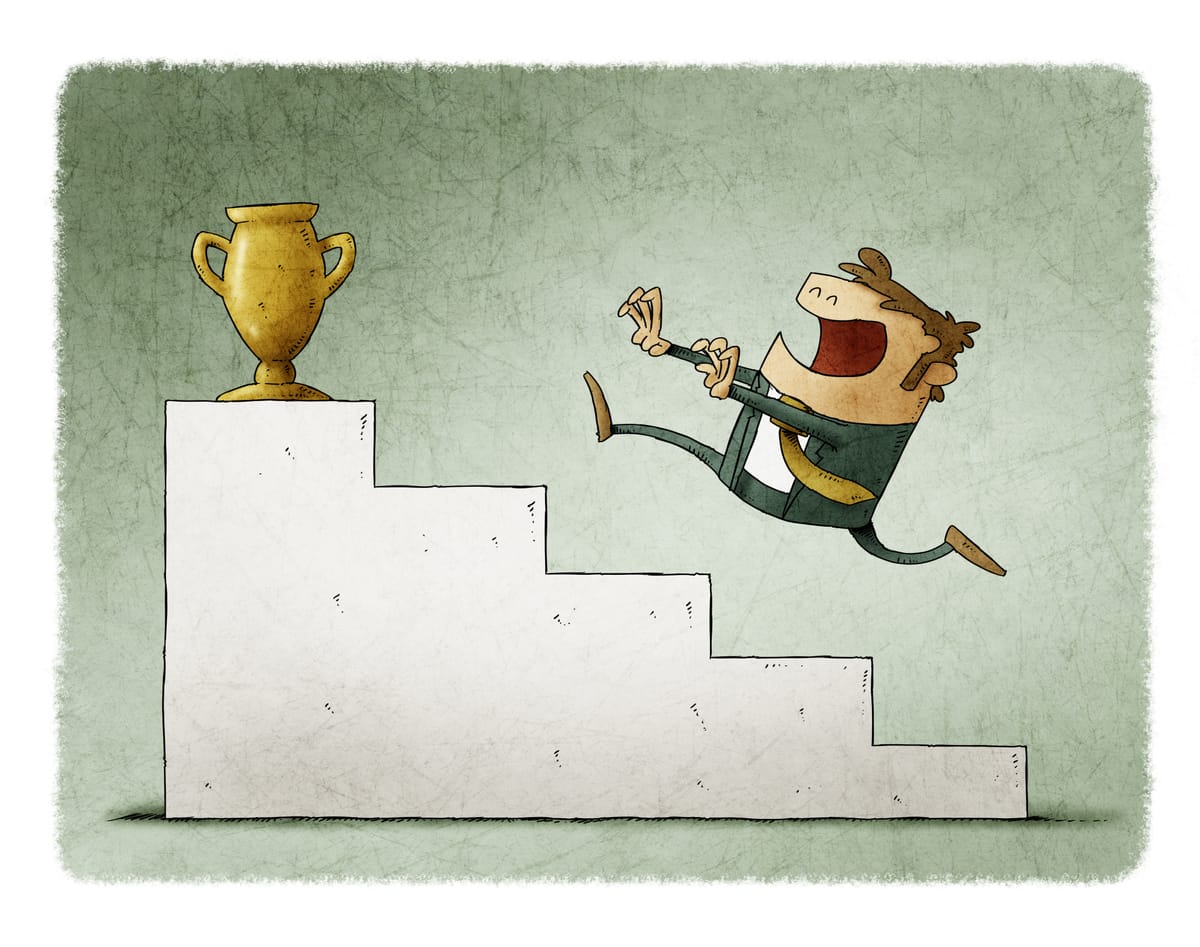Leaders Start With Themselves—Or Fail

Whether you lead a following of 10,000 people or 5, there is one person you have the ability to influence more than anybody else. Whether or not you lead that person—and how you choose to do so—will ultimately determine the extent of your influence in the world around you.
I worked for Chick-fil-a throughout a good part of High School & College—roughly five years in all. In that time I held just about every position possible and worked with a lot of very different leaders. One leader in particular, though, sticks out in my mind.
This leader—we'll call him Steven—was one of the best motivational speakers I've known in my life. He could get in front of a room full of team members and captivate each one of us, hanging on his every word. We all looked forward to staff meetings because we knew we'd be at the receiving end of an impassioned speech, re-instilling in us our importance and value.
Unfortunately, Steven had a temper problem. It didn't happen often, but every once in a while he would snap—lashing out at whoever happened to be nearby.
Once, during a busy afternoon rush, Steven came into the kitchen and found a piece of chicken on the floor, wasted. Furious, he stopped our whole team to point out the blunder and lecture us on our carelessness. As he did so, the next batch of chicken finished cooking and he insisted on pulling it up himself. He was in such a foul mood that he slammed the basket of chicken into the holding pan, dropping three chicken filets onto the ground in the process.
Once he saw his mistake, he stormed out of the kitchen, went to his car, and left.
Despite the fact that this leader had a gift for speaking into people's hearts, his message fell upon deaf ears once he lost the respect of his followers.
If you fail to lead yourself, you lose the ability to influence others. (Tweet that)
A leader's role is to influence others towards some action or change. Once a leader loses that power, he's lost his effectiveness. The reality is that influence is derived from self-leadership because that's where real change starts.
Politicians are generally criticized for their moral decisions or inappropriate actions, not because they can't tell people what to do. The same goes for celebrities or leaders of any kind—respect is based on whether or not you can lead yourself in the public eye.
How has self-leadership affected your level of influence (for better or worse)?
